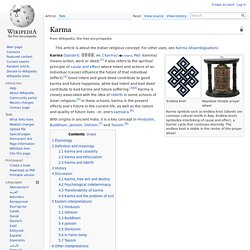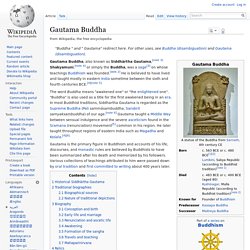

sunil
Jiddu Krishnamurti. J. Krishnamurti Online. The official repository of the authentic teachings of J. Krishnamurti. Krishnamurti - The Real Revolution - Part 1 of 2. Jiddu Krishnamurti. Jiddu Krishnamurti. 100 Very Cool Facts About The Human Body. The Brain The human brain is the most complex and least understood part of the human anatomy.

There may be a lot we don’t know, but here are a few interesting facts that we’ve got covered. Nerve impulses to and from the brain travel as fast as 170 miles per hour. Ever wonder how you can react so fast to things around you or why that stubbed toe hurts right away? It’s due to the super-speedy movement of nerve impulses from your brain to the rest of your body and vice versa, bringing reactions at the speed of a high powered luxury sports car.The brain operates on the same amount of power as 10-watt light bulb. Hair and Nails While they’re not a living part of your body, most people spend a good amount of time caring for their hair and nails. Facial hair grows faster than any other hair on the body. Internal Organs Though we may not give them much thought unless they’re bothering us, our internal organs are what allow us to go on eating, breathing and walking around.
Bodily Functions Senses. Yoga Basics: Your guide to the Practice of Yoga. 'Karma' Endless knot Nepalese temple prayer wheel Karma symbols such as endless knot (above) are common cultural motifs in Asia.

Endless knots symbolize interlinking of cause and effect, a Karmic cycle that continues eternally. The endless knot is visible in the center of the prayer wheel. Karma (Sanskrit: कर्म; IPA: [ˈkərmə]; Pali: kamma) means action, work or deed;[1] it also refers to the spiritual principle of cause and effect where intent and actions of an individual (cause) influence the future of that individual (effect).[2] Good intent and good deed contribute to good karma and future happiness, while bad intent and bad deed contribute to bad karma and future suffering.[3][4] Karma is closely associated with the idea of rebirth in some schools of Asian religions.[5] In these schools, karma in the present affects one's future in the current life, as well as the nature and quality of future lives - or, one's saṃsāra.[6] Etymology Definition and meanings Karma and causality Karma and rebirth. Philosophy(ies) & Philosophers.
The Buddha - PBS Documentary (1/2) Spiritual Reality Power Of Meditation. Spiritual Reality Power Of Meditation. Gautama Buddha. The word Buddha means "awakened one" or "the enlightened one".

"Buddha" is also used as a title for the first awakened being in an era. In most Buddhist traditions, Siddhartha Gautama is regarded as the Supreme Buddha (Pali sammāsambuddha, Sanskrit samyaksaṃbuddha) of our age. [note 6] Gautama taught a Middle Way between sensual indulgence and the severe asceticism found in the Sramana (renunciation) movement common in his region.
He later taught throughout regions of eastern India such as Magadha and Kośala. Gautama is the primary figure in Buddhism and accounts of his life, discourses, and monastic rules are believed by Buddhists to have been summarized after his death and memorized by his followers. Historical Siddhārtha Gautama[edit] Ancient kingdoms and cities of India during the time of Buddha. Scholars are hesitant to make unqualified claims about the historical facts of the Buddha's life. The times of Gautama's birth and death are uncertain. Traditional biographies[edit] Osho.